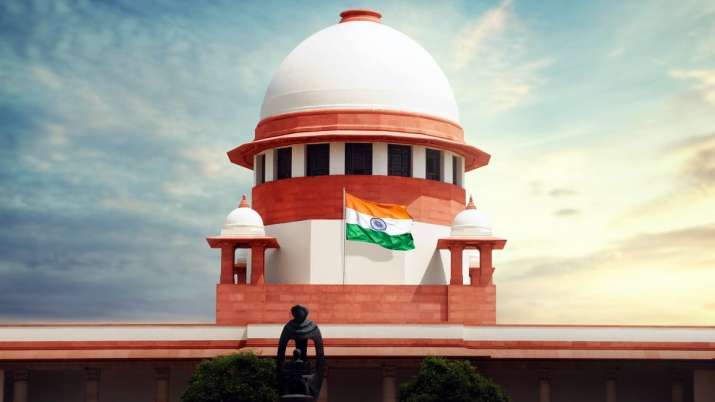Plea challenging Sedition Laws: Centre to respond before Supreme Court in 2 weeks

Supreme Court today allowed 14 days’ time to the Centre to file affidavit in plea challenging Section 124A Sedition.
The petition is filed by Manipur based journalist Kishorechandra Wangkhemcha for his allegedly seditious remarks on Facebook.
Justice UU Lalit, while hearing the matter today, said,
“Pursuant to the notice issued on the last date, Learned AG appeared for the Union. He requested to submit a written note. Learned SGI also appeared for the Govt. of India and prayed for short time to submit affidavit in response.
Let the Affidavit be filed within 2 weeks.
List this matter for hearing on 27th July, 2021. Intervention Applications to be heard on the same date.”
Senior Advocate Colin Gonsalves appeared for the petitioner
In its hearing on April 30th, A Full Judge Bench of Justice UU Lalit, Justice Indira Banerjee and Justice KM Joseph agreed to examine the Constitutional Validity of the Law on Sedition.
The petitioner highlights several issues related to the offence of Sedition, including, disproportionate imposition & misuse of Section124A, India’s International Obligations under ICCPR, position in other jurisdictions, view taken by the members in Constituent Assembly Debates and the political nature of the said provision in India.
“According to the data compiled by the National Crime Records Bureau (NCRB), the number of sedition cases registered across the country doubled from 35 in 2016 to 75 in 2018. However, no charge-sheets were filed by the police in over 70% of the cases, and only four of the 43 cases where trial has been completed resulted in convictions. The abysmally low conviction rate is evidence that the police never had any evidence against individuals facing sedition charges to begin with”, the plea states.
Grounds preferred inter-alia by the petitioners;
- Section 124A violates Article 19(1)(a) of the Constitution of India, restricting fundamental right to free speech and expression.
- Section 124A is unnecessary in terms of protecting State security and public disorder.
- There exists no urgency justifying the employment of Section 124A, given that the interests of State security and public order are sufficiently protected elsewhere in Indian law.
- Section 124A is a disproportionate imposition on the freedom of expression and fails to constitute the least restrictive means to protect State security and public disorder in this regard.
- The said provision fails to meet the international standard of necessity which India is under the obligation as a party member to the ICCPR.
- The terms ‘intention’ and ‘tendency’ in the interpretation of Section 124A are so subjective that the law is uncertain and are an invitation to abuse by authorities.
- Vagueness of Section 124A is frequently abused and misapplied in India.
Case Title: Kishorechandra Wangkhemcha v. Union of India
